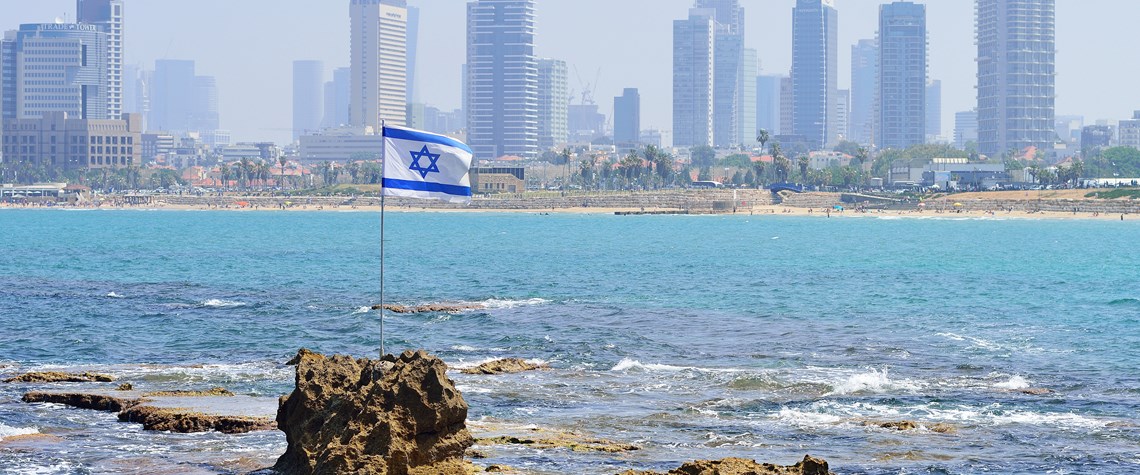Lebanon to struggle to replicate Israeli success
Israel's clustering approach resulted in the majority of blocks being awarded but the neighbouring Lebanese auction faces tougher challenges
Israel's energy ministry awarded 12 blocks at the end of July, an encouraging return from the 19 blocks offered in its second ever offshore licensing round that closed earlier that month. But while it was an improvement on previous Eastern Mediterranean upstream auctions, it may not be entirely representative of what we can expect from future rounds. In an attempt to learn lessons from its maiden auction in 2017—when only two bidders applied for, and were awarded, six of the 24 available blocks—Israel structured the offer to incentivise the acquisition of multiple contiguous blocks, located in the south and centre of its economic exclusion zone (EEZ). In terms of the numbers participating, t

Also in this section
3 March 2026
The killing of Iran’s Supreme Leader Ayatollah Khamenei in US–Israeli strikes marks the most serious escalation in the region in decades and a bigger potential threat to the oil market than the start of the Russia-Ukraine crisis
2 March 2026
A potential blockade of the Strait of Hormuz following the escalating US-Iran conflict risks disrupting Qatari LNG exports that underpin global gas markets, exposing Asia and other markets to sharp price spikes, cargo shortages and renewed reliance on dirtier fuels
2 March 2026
The South Asian consumer’s next move could tighten the Middle East oil market overnight
2 March 2026
Canadian independent’s evolving portfolio in Trinidad and Tobago gives it access to the Atlantic LNG market and a close-up view of developments in neighbouring Venezuela







